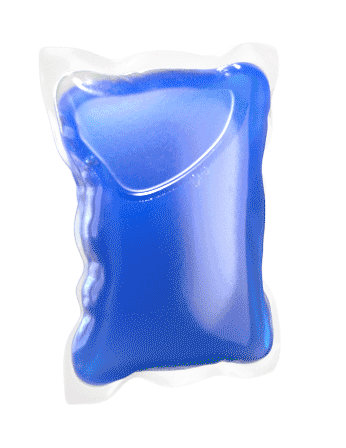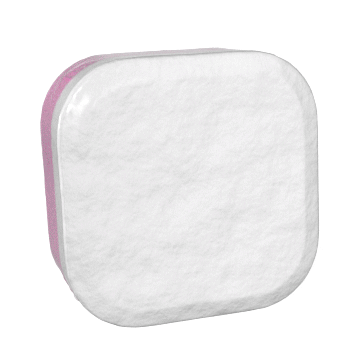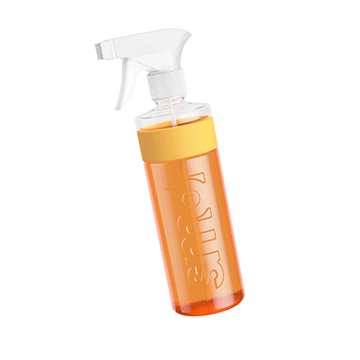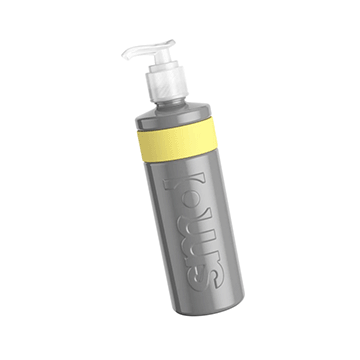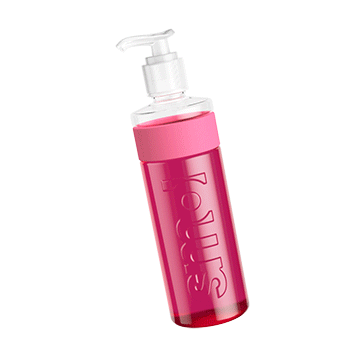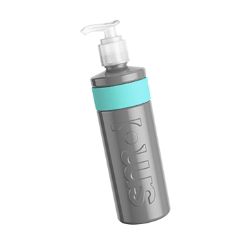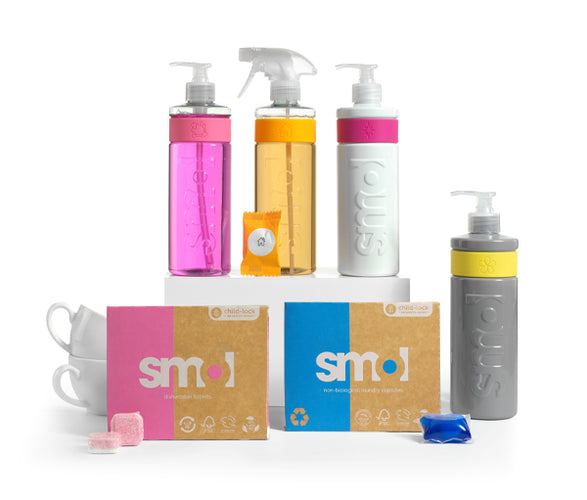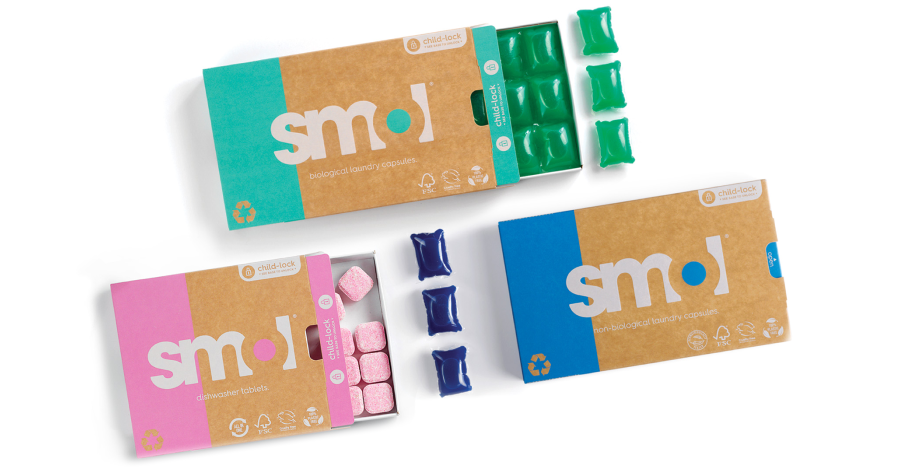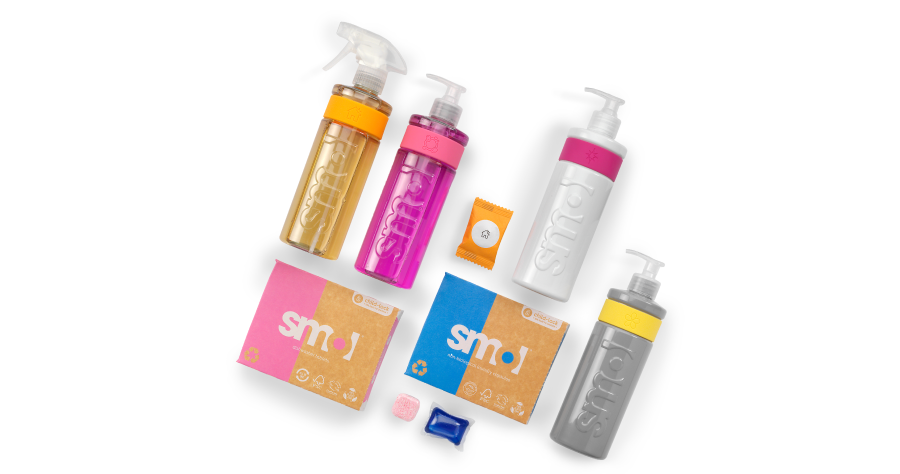
Survey of UK Teachers
Quantitative survey conducted using Attest, an MRS accredited market research platform, on behalf of smol and The Hygiene Bank. Research conducted from 6th - 22nd June 2023. All responses are anonymous.
Respondents:
-
This research survey was conducted with a nationally representative, working age (18-65 yrs) panel of 500 active state primary and secondary staff from across the UK. All respondents have regular interaction with school pupils every day.
Respondent occupation:
- Classroom staff - 82.2% (Class teacher - 46% & Classroom support staff - 36.2%)
- Headteacher / Senior Leadership - 8.8%
- School maintenance, catering or administration staff - 7.2%
- Other - (Head of Year, pastoral care, ) - 1.8%
59.8% (299) of respondents work in a UK primary school, 40.2% (201) in a UK secondary school.
This quantitative study was conducted using an MRS accredited market research platform on behalf of smol and The Hygiene Bank charity. It was in-field from 6th - 22nd June 2023. All responses were anonymous.
All of the verbatim commentary in this document has been approved for use anonymously in UK press.
In this survey, Hygiene poverty was defined as follows: Many people locked in poverty or those who find themselves in times of crisis often experience restricted options. This leaves them caught between being able to heat their home, pay their bills, buy food or keep clean.
In our survey, to really get under the skin of this issue, we recruited 500 school staff who stated in the last 6 months, they had been aware of a pupil/s who they knew or believed to be experiencing hygiene poverty.
To find this 500, we surveyed 709 state primary and secondary school staff who are regularly interacting with pupils. A shocking 71% agreed in the last 6 months, they had been aware of a pupil/s who they knew or believed to be experiencing hygiene poverty.
Unclean clothes, hair and unbrushed teeth are the biggest indicator of hygiene poverty
This chart shows how our panel of 500 school staff became aware of pupils experiencing hygiene poverty.
- 45.4% of respondents stated seeing negative changes to pupil/s personal hygiene
- Only 14.2% of respondents said a pupil, parent or carer had talked to them about it.
The signs of hygiene poverty differ at primary vs secondary school
In primary school, hygiene poverty is more likely to be noted due to unclean clothes, hair or unbrushed teeth.
In secondary school, it is less likely that a pupil, parent or carer has spoken to school staff about the issue directly (11.4% vs 16.1%) Instead, it was more than twice as likely that another pupil in class had mentioned the problem to them (21.4% vs 9%)
Low self-esteem and being isolated by peers are biggest impacts on pupils
- 72.4% of all surveyed stated they’d seen pupils affected by hygiene poverty experience low self-esteem.
- 53.2% of pupils were ‘left out’ by other pupils in class
- 49.8% stated they’d seen a negative impact on mental health for those experiencing hygiene poverty
- This picture worsens for older children, if we look at the difference between primary & secondary schools.
Secondary pupils more likely to be experience negative impact on their mental health, bullying and absenteeism
- 55.7% of secondary school respondents have witnessed secondary pupils experiencing a negative impact on their mental health. 52.7% have also seen bullying and 46.8% saw a negative impact on the pupil/s learning. 31.8% of secondary school respondents witnessed absenteeism due to hygiene poverty
- 98% of respondents stated access for those affected to free hygiene basics would improve their confidence and self-esteem. (64.8% definitely would, 33.2% probably would)
How does it make you feel when you witness pupils affected by hygiene poverty?
- Really upset that our children are going through this, and experiencing a feeling of powerlessness that I can’t do more to help them
- It is heartbreaking to see students stuffer because of being unable to afford to stay clean
- it makes me feel sad as this shouldn't be happening
- it makes me feel like i need to do something to improve their living standards
- Students are often left with no desk partner in class. Makes it awkward for staff members to deal with the situation. Students are often faced with working alone. Other students make nasty comments in front of the class to single them out.
- It is very sad when a pupil is going through this as they are not getting there basic needs in life to help their self growth through school
- I feel upset and try help them the best I can, I keep a cupboard full of hygiene products that the girls and boys in my class often take advantage of but generally the ones that need it most do not feel comfortable taking them yet and I find it a difficult conversation to have
- I feel the need to help and give them products from the school surplus. One particular pupil had very strong body odour and we had to get permission to allow her to shower and use deodorant every day at school
There is little support for affected pupils in schools
Despite an overwhelming desire from school staff to help…
Only 40.2% of schools loan clean uniform to pupils who need them
49.2% stated either they don’t know if their school offers support or their school does not offer support to affected families - a clear indication that this isn’t an issue that’s being talked about or responded to officially.
Only 14.5% stated there was a free laundry service at school and only 12.7% stated their school offered free laundry detergent to those in need.
This is driving some school staff to personally intervene whilst others feel helpless
Almost a quarter of respondents (24.2%) knew of school staff who had personally washed uniform or kit at home for affected pupils. 15.6% had done this themselves.
12.2% of respondents knew of staff handing out free laundry detergent to those who needed it - in fact 10.2% had done this themselves
Meanwhile 20.6% of respondents said they have wanted to help but don’t feel able to intervene
Hygiene poverty in schools has risen in the last year
A huge 71.8% of respondents believe there has been an increase in hygiene poverty in their school in the last year.
And it’s only going to get worse..
- 71.4% of respondents expect the levels of hygiene poverty to have increased come the new school year in September
- Only 33.8% stated their school will be offering support to affected families in the new school year.
- 50.8% weren’t sure if their school would offer support, suggesting there is little structure in place to support families.
- 15.4% stated their school would not be offering support
How could Government and local authorities be doing more to support?
88.2% believe the Government could be doing more to support families experiencing hygiene poverty. Suggestions of how include:
- Free hygiene products should be available to students who are Pupil Premium perhaps via vouchers for supermarkets
- Support could be given via government vouchers to supply families with cleaning products, such as laundry detergent. Schools could also be allocated a budget and washing machines in order to wash clothing and schools
- Cut vat on essential hygiene products
- Packs given out to every pupil during PSHE or PE which give things like sanitary towels, advice on where to go for free ones, samples of things like deodorant and body wash to use. These should always be regularly given out, and there should be a shame-free place to pick things like that up!
- free laundry, period products, dental care, deodorant etc
- To be honest, schools do not get the funding needed for basics let alone for supporting families! Government needs a wake up call! Not enough money to buy basics eg glue, books & so understaffed etc
- The problem is the cost of living. It's hitting everyone but those in low income families prioritise food over cleaning products, as they should, but there's not enough help for them.
Any final comments to add about hygiene poverty?
- Rates definitely have risen and so something needs to change from the top down to enable children to access their learning without the additional barrier of hygiene poverty.
- this shouldn't be happening in 2023!
- It is hugely impacted by the cost of living crisis. It should be addressed at the highest level
- Generally primary aged children are quite forgiving of most appearance issues but I’ve seen many not want to sit by a child because “they smell funny” and this is heartbreaking
- We need to invest in our children, they are the future and it is worthwhile
- Hygiene poverty often goes unspoken about. In school we are more able to offer support for food and parents accept this help but rarely ask for help with hygiene
- There really is no need for anyone to go through this. I feel that the government is expecting schools to once again pick up where they are failing.
- When a child struggles emotionally it impacts everything. For children to get access to the education they deserve they need to be happy and suffering from any kind of poverty will have a detrimental impact
- Students are often embarrassed to say they are experiencing this so we take great care how we approach them if we are concerned. Schools want to help more in general but are seriously underfunded and struggling to make ends meet already.
- Once a child is bullied for bad hygiene it sticks with them for the rest of the school life.
- There's always the issue that the messenger gets shot! It's a tricky problem to raise.
In conclusion
Hygiene poverty is a very real issue for many families in the UK right now.
It’s having a detrimental effect of children in schools - impacting their mental health, self-esteem and learning.
Teachers are acutely aware of the situation - they’re sad and frustrated. They want to help, but there isn’t any structure or funding in place to do so. Those that are helping are doing it personally.
There is a lot of stigma around the topic and people don’t know how to talk about it.
There isn’t any funding or support for schools for this from Government.
Survey of UK parents
Quantitative survey conducted using Attest, an MRS accredited market research platform, on behalf of smol and The Hygiene Bank. Research conducted 10th - 21st August 2023. All responses are anonymous.
Respondents:
- 500 nationally-representative UK parents, aged 18 - 55. All respondents either had a child/children at a state primary school or state secondary school
- In this survey, respondents qualified as experiencing hygiene poverty if they stated that they had struggled to buy basic hygiene essentials in the past year due to the rising cost of living
